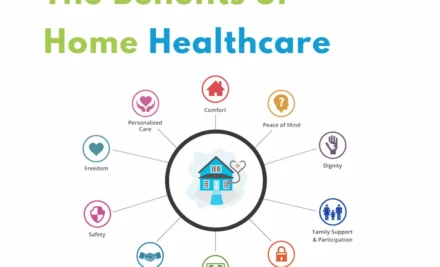Jan 24, 2026
Regular Health checkups in Dubai
Jan 17, 2026
Benefits of Home Healthcare Services
Jan 11, 2026
National Cancer Prevention Month
Jan 02, 2026
Doctor Visit within 30 Minutes
Dec 16, 2025
Balanced Diet During Ramadan
Dec 10, 2025
Healthcare During Ramadan in Dubai
Dec 10, 2025
Virtual Doctor Consultation in Dubai
Dec 06, 2025













